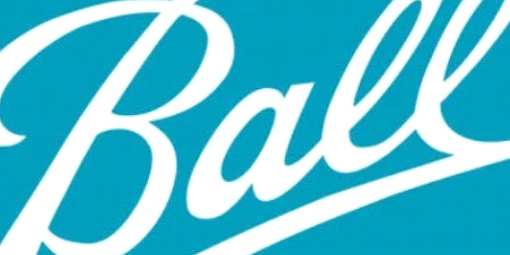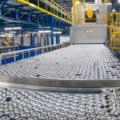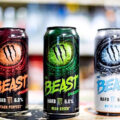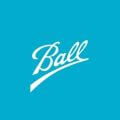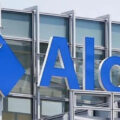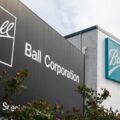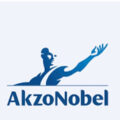Ball Corporation earns $3.69 million for the first quarter business year, with a net after-tax gain of $3.47 billion, due to the sale of the aerospace business and other factors. Sales during this period were $2.87 billion, in contrast to net earnings of $177 million (with a net after-tax loss of $40 million) and sales totaling $2.98 billion in the first quarter of the previous year.
In the first quarter of the year, the company had a solid performance. After successfully selling its aerospace business in February, plans to rapidly reduce debt, begin a long-term share repurchase program and position the company to promote the sustainable use of aluminum packaging have been fulfilled. In addition, the company continues to advance its purpose of driving innovation and sustainability at a global level, increasing efficiency in its manufacturing process and creating an operating model that will generate long-term shareholder value. These statements were made by Daniel W. Fisher, president and chief executive officer of the company.
Beverage packaging sales decline in the Americas
During the first quarter of 2024, the North and Central America beverage packaging segment had an increase in comparable operating profit to $192 million on total sales of $1.40 billion. This represents a slight decrease from the same period last year, when earnings of $183 million were recorded on sales of $1.50 billion. The reduction in sales during this first quarter is mainly due to a decrease in shipments, but this was favorably offset by a reduction in aluminum costs due to contracts and the annual pass through of inflationary costs.
During the first quarter of the year, operating profit compared to the previous year increased significantly due to several factors: the increase in annual inflationary costs adjusted for current inflation, the implementation of fixed and variable cost reduction measures, and improved operating performance. Despite the obstacles faced during this period, such as the interruption in beer production in the United States and the termination of a virtual power agreement in 2023, Ball’s customers realized significant benefits.
Ball, an aluminum beverage can manufacturer, remains focused on providing innovative and sustainable packaging solutions to its customers. In the first quarter of 2024, there was an increase in sales volume in North and Central America due to increased demand ahead of the summer season and inventory reduction by customers. Despite a 2.4% decrease compared to the previous year, growth is expected to continue to be supported by new initiatives and improvements in operating efficiency.
Packaging for liquids destined for Europe, Middle East and Africa.
During the first quarter of 2024, the Beverage Packaging segment in Europe, Middle East and Africa posted comparable operating earnings of $85 million on sales of $810 million, compared with $73 million in the same period last year on sales of $834 million. These sales correspond to an increase in annual shipments, but were affected by lower costs due to contractual changes in aluminum prices.
During the same period, comparable operating income increased due to higher volumes, favorable cost management and improvements in operating efficiency. The implementation of packaging legislation in certain countries has driven growth in the aluminum beverage industry, despite recent pressure from inflation. In this period, volumes increased by 1.1% annually thanks to growth in the United Kingdom, Nordic countries and Turkey, although lower-than-anticipated demand was seen in Egypt. Sustainability and seasonal trends are expected to continue to support demand for the remainder of the year.
During the first quarter of 2024, the beverage packaging segment in South America earned comparable operating earnings of $55 million on total sales of $482 million, while during the same period in 2023 it earned $50 million on sales of $450 million. This difference is due to an increase in sales volumes, although it was partially offset by a reduction in aluminum costs due to contractual contracts. There was also an increase in the segment’s comparable operating profit during the first quarter of the year, driven by these higher volumes and a favorable customer mix in Brazil. However, this improvement was affected by the product mix and the unfavorable economic and operating conditions that continue to prevail in Argentina.
In South America, the company experienced an increase in demand over the last year. In the first quarter, the segment’s volumes increased by 26.3%, mainly due to a greater diversity of customers and a shift towards the use of aluminum cans instead of other materials, especially in Brazil. While the company continues to serve its clients in Argentina, it is also constantly assessing the risks arising from the changing economic and political environment.

